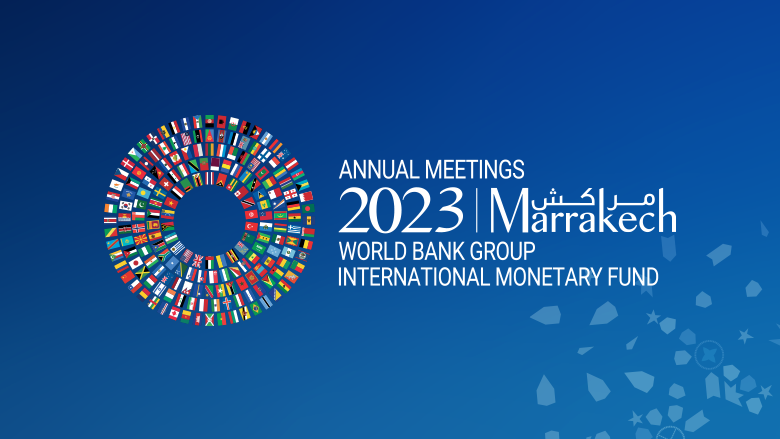Ghana has successfully secured vital financial support for its climate adaptation and mitigation efforts during the 2023 International Monetary Fund (IMF) and World Bank Group (WBG) Annual Meetings.
Finance Minister Ken Ofori-Atta revealed this encouraging development to the Ghana News Agency.
At the forefront of this support is the World Bank’s International Finance Corporation (IFC), which has pledged funding to strengthen Ghana’s implementation of various climate change initiatives. These projects are designed to promote sustainable growth, create a habitable planet, and generate employment opportunities.
Read also: GSMA MWC Kigali 2023 shapes the future of connectivity in Africa
A Positive Impact on Africa
Finance Minister Ofori-Atta expressed his optimism regarding the broader implications for Africa. “We now have a significant presence at the V20 table, and this will have positive effects on the entire African continent. It allows us to design and understand the direction of financing, especially in carbon credit financing,” he shared with the news agency.
He stressed the positive outcomes of discussions with the World Bank and IFC, anticipating substantial resources and innovative financing mechanisms for climate mitigation and adaptation. “In addition to the stability provided by an IMF program, we need to focus on growth,” he stated, highlighting the emphasis on private investment and system strengthening.
Urgency of Climate Action
Finance Minister Ofori-Atta underlined the urgency of addressing climate-related issues, particularly in crucial sectors like electric vehicles and solar energy. “This aligns with the type of resources needed to make growth more effective and sustainable,” he added.
Ghana, as the headquarters of the Vulnerable 20 Group (V20), is well-positioned to lead and leverage new ideas and global technology to accelerate the nation’s climate change agenda. Ofori-Atta confirmed that economic growth in Ghana would prioritise addressing climate change challenges, with a commitment to translating stability into sustainable employment opportunities for its citizens.
50 climate innovators meet in Ghana for YALI learning pogramme
Optimism and Cautious Enthusiasm
Speaking with Forbes Africa, Ghanaian social entrepreneur Prince Fiadzigbe expressed optimism and cautious enthusiasm about this development.
Fiadzigbe emphasised the critical importance of utilising the funds effectively to address the pressing challenges posed by the climate crisis. He underscored the need for strategic and transparent allocation of resources to ensure that the intended goals are achieved.
Fiadzigbe commended the international community’s commitment to supporting climate initiatives in developing nations and called for collaboration between government agencies, private sectors, and non-governmental organisations to implement comprehensive and sustainable climate solutions.
He urged the Ghanaian leadership to prioritise projects that not only address immediate climate concerns but also foster long-term environmental sustainability. Fiadzigbe emphasised the need to invest in initiatives that not only mitigate the current effects of climate change but also lay the foundation for a more sustainable and resilient future for generations to come.
As Ghana advances its climate adaptation and mitigation efforts, Fiadzigbe remains hopeful that the secured financing will mark a turning point in the nation’s environmental endeavours. He stressed the importance of ongoing dialogue and collaboration between stakeholders to ensure a coordinated and effective response to the climate crisis.
Fiadzigbe also highlighted the significance of ensuring that these funds reach local communities, empowering them to adapt to climate change and engage in sustainable practices.
“While securing financing is a crucial milestone, it’s equally important to ensure that these resources reach the grassroots level, empowering communities to adapt to climate change and participate in sustainable practices,” he noted.
Ghana’s ability to secure this financial support represents a significant step forward in its commitment to addressing climate change and creating a sustainable and resilient future for its citizens. The effective utilisation of these resources will play a pivotal role in achieving these ambitious goals.




